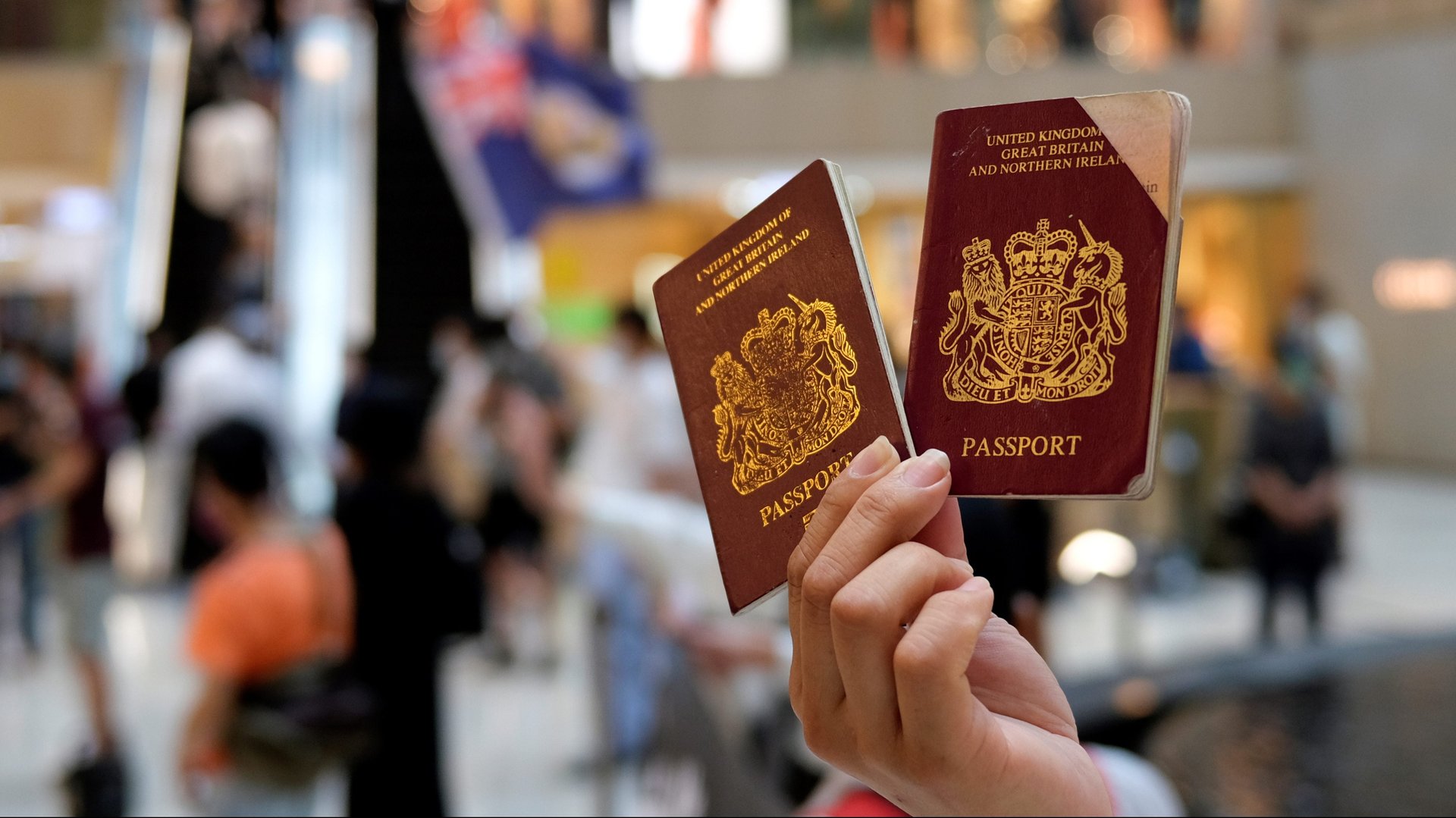Covid-19 is shaking up the citizenship by investment industry
Before Covid-19 connections and money could buy almost anyone the right to live pretty much anywhere they wanted.


Before Covid-19 connections and money could buy almost anyone the right to live pretty much anywhere they wanted.
The industry known today as CRBI—citizenship and residence by investment—began in 1984 in the Caribbean island of St. Kitts and Nevis, which offered a passport to foreigners who “invested substantially” in their economy. Today, more than half of the world’s 193 countries will trade citizenship or residency for cash. The industry is worth up to $25 billion a year and has spawned a new class of self-styled global citizens. But it’s also attracted criticism from those who say passports-for-purchase turn democracies into havens for criminals and facilitate money laundering and tax evasion.
The pandemic has led to unprecedented border closures and travel restrictions. Experts say that’s helped the CRBI industry grow but it’s also shaking it up, as high net worth individuals turn away from traditionally prized passports like the US and towards countries with high-quality healthcare systems.
London-based CRBI advisory firm Henley & Partners saw a 49% increase in enquiries in the first two quarters of 2020 compared to the same period last year. A competing advisory firm, Arton Capital, saw a dip in interest in the first quarter of the year as the pandemic spread in Asia. But enquiries rebounded and have increased 25% since April according to founder Armand Arton.
The CRBI industry was growing before the pandemic, thanks to demand from wealthy individuals in developing countries like India or Nigeria, whose economic growth has outpaced their diplomatic clout, “which is what bestows visa-free travel on citizens,” explains Paddy Blewer, public relations director for Henley & Partners.
A millionaire from oil-rich Gabon, for example, needs to apply for a visa to enter Europe’s Schengen zone. But that process can take up to 60 days and evidence suggests that Schengen visa applications from Africa are more likely to get rejected. Instead, a second citizenship from a Caribbean nation would guarantee them visa-free access to Europe for $150,000. That’s merely a “rounding error” for Blewer’s clients, who typically have about $6 million of assets under management.
Because of Covid-19, Blewer and Arton say investors are looking for countries who are perceived to have dealt with the pandemic better than others. That applies to Germany, Portugal, Australia, and New Zealand. Essentially, if people can work remotely from anywhere in the world, says Blewer, they are asking themselves one question: If another pandemic comes around, “where would they prefer to be?”
Finally, more Brits, Canadians, and Americans, whose passports are among the most valuable in the world, are becoming CRBI applicants. Henley & Partners reports “a dramatic 100% increase in enquiries from US citizens in the first six months of 2020,” which Blewer attributes to economic instability and a poor handling of the coronavirus. US citizens aren’t getting ready to leave en masse, he says, but they’re looking to hedge their bets. In September, a US passport holder could only travel visa-free to 86 countries, down from 171 last year.
“What we have seen with the pandemic is a complete change in the power of a passport,” Arton says.
Additional reporting by Youyou Zhou